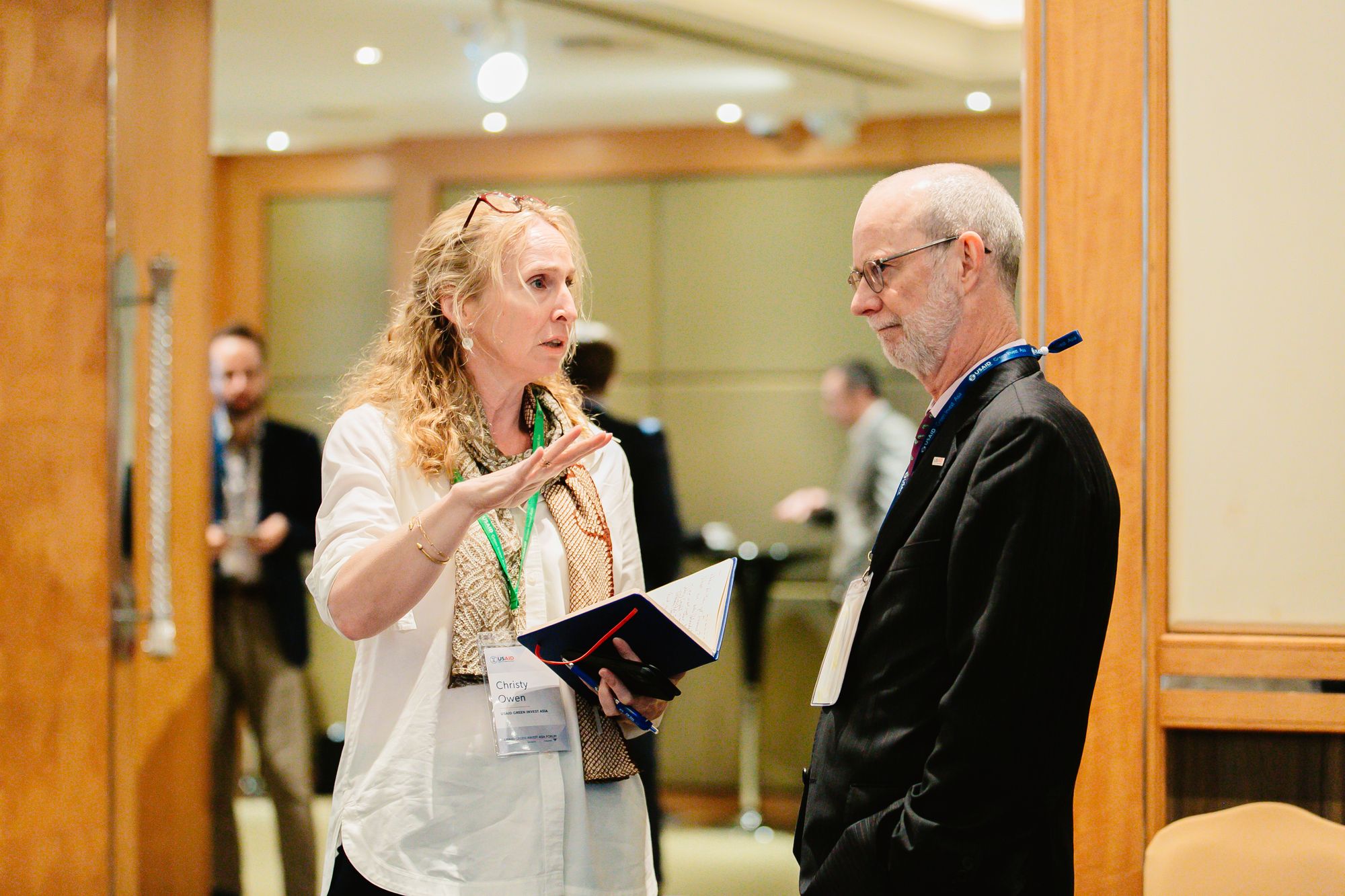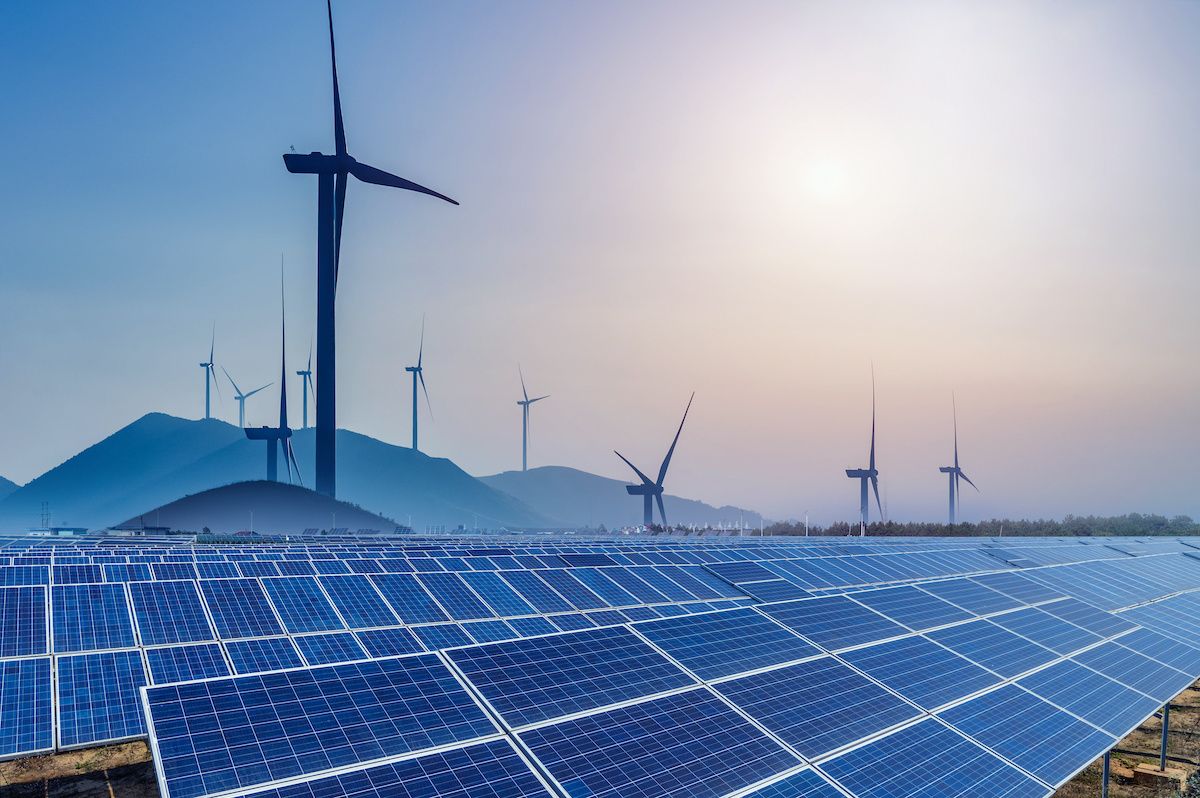The next 10 years are make-or-break for our climate. To limit the rise in global temperature to less than 2 degrees Celsius, we must achieve significant progress on emissions reductions by 2030. At the same time, as a global community, we must ensure that the expedited transition to a low-carbon economy is not only rapid but fair, with no one left behind. Perversely, the communities and nations most vulnerable to climate change are often those least responsible for greenhouse gas emissions and least equipped to adapt and respond. They need our support.
The climate emergency is, therefore, not merely an economic and environmental problem, but a broader challenge that pervades all aspects of society, from agriculture and land use to energy, governance, and policymaking at all levels of government, and touching on numerous issues of justice and equity.
DAI has supported climate action across the spectrum of development disciplines for more than a decade and has helped to build more resilient communities and more inclusive economic systems for half a century. But the next 10 years represent a watershed moment for the planet and its people, and that is why we are launching a business unit dedicated to climate work.
The new unit’s mandate will be far-reaching and multifaceted, assisting our clients and partners as they tackle increasingly urgent priorities:
- Businesses and governments need assistance to rapidly define, implement, and iterate Net Zero emissions strategies;
- The global economy needs support to recover from COVID-19 and build back better, transitioning to low-carbon industries and jobs;
- The poorest and most vulnerable among us need support in enhancing their resilience to climate change; and
- Investors, lenders, and insurers need to incorporate climate impacts in their decision-making to help drive both adaptation and mitigation actions.
Moving this agenda forward may call on DAI to help close governance and policy gaps; to support champions of change; to help enterprises—large and small—move toward zero emissions and seize new market and technology opportunities; to address the drivers of emissions, such as land use change; to promote ecosystem-based approaches that mitigate the impact of severe weather; to devise the novel financial models needed to fund these transitions and make sure climate finance makes it to the point of need. And much more.
To make a difference on such complex challenges of global scale, the Climate Business will draw on all of DAI’s expertise, learn across all our engagements—with bilateral and multilateral donors, private corporations, and philanthropies—and bring together a diverse body of knowledge, innovation, and on-the-ground experience.
Our Climate business unit is a whole-of-company approach to a whole-of-society problem. It sits across the enterprise, acting as the connective tissue uniting different geographies, technical teams, and clients around the climate change mission, and fostering new ways of working, thinking, and delivering impact. I am personally honored to have been selected to lead it and privileged to devote all my professional energies to the most pressing challenge of our time.
Donald Lunan leads DAI’s newly constituted Climate business unit. You can read a Q&A with Donald here.





